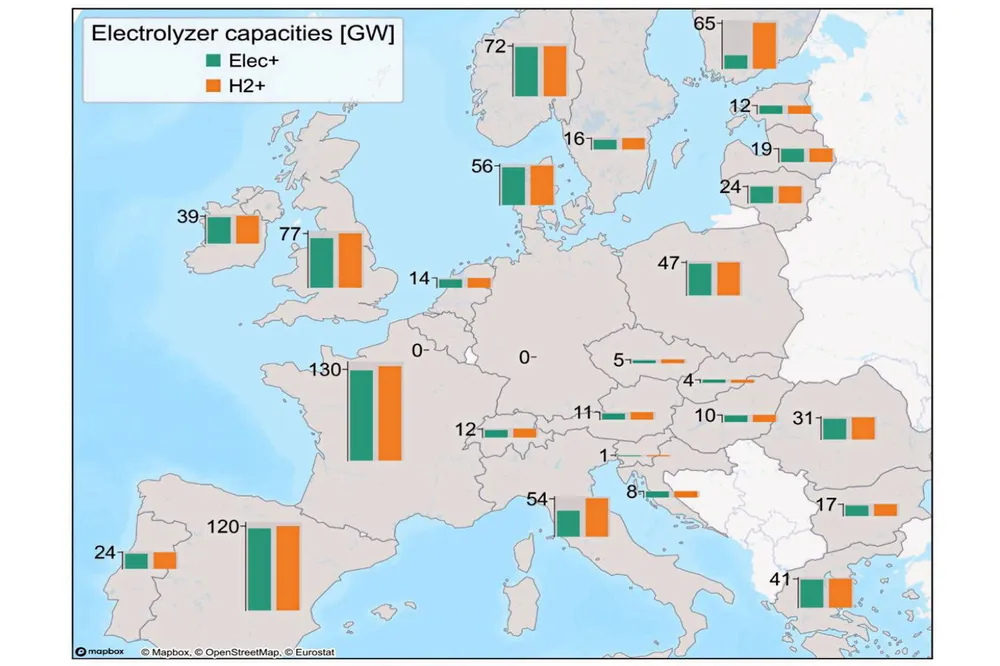European-made green hydrogen would be cheaper in EU than any imports by 2050, says European Commission report
But producing renewable H2 in Germany will become uneconomical by mid-century

But producing renewable H2 in Germany will become uneconomical by mid-century
